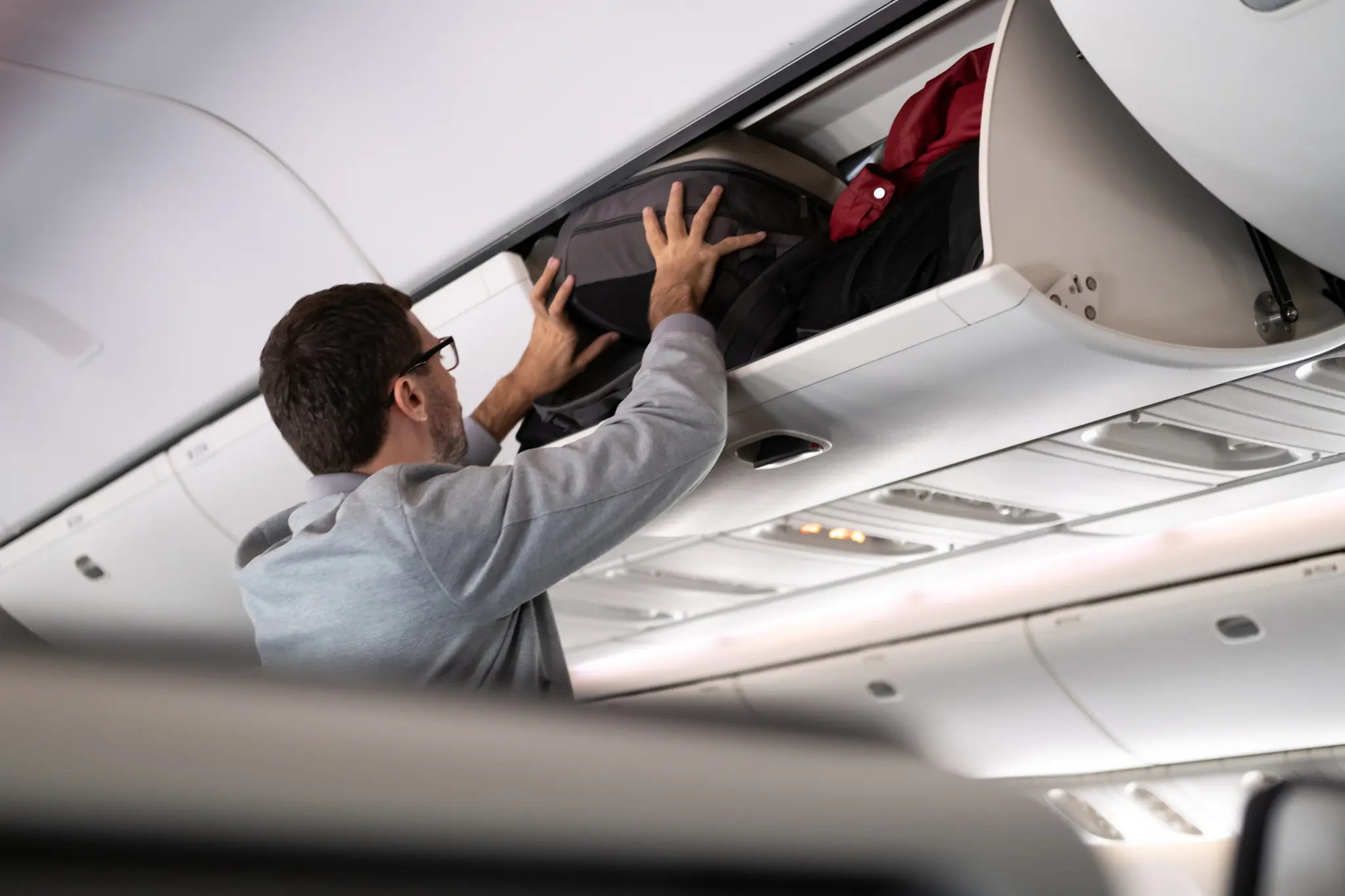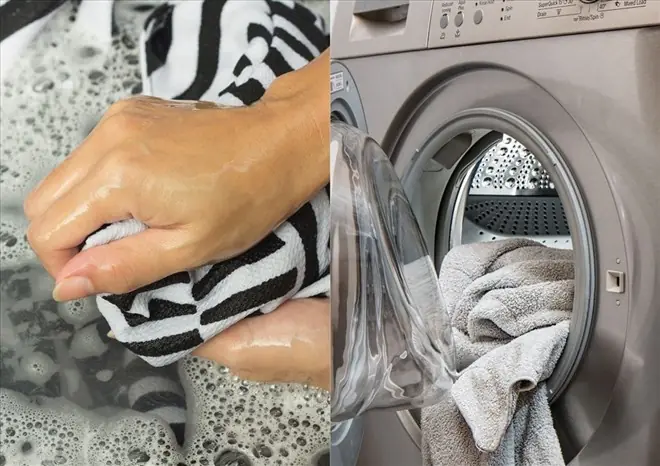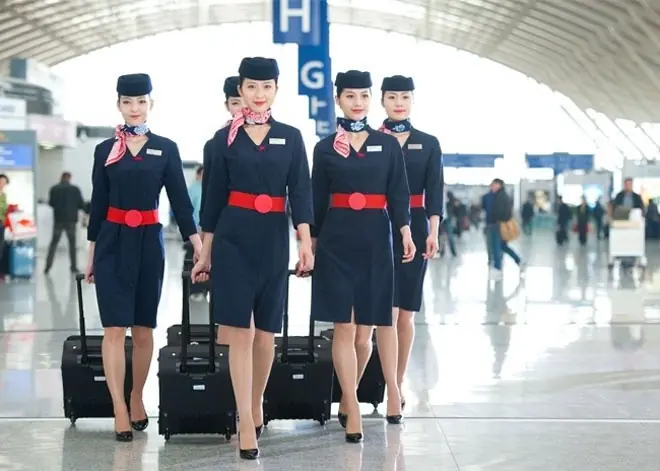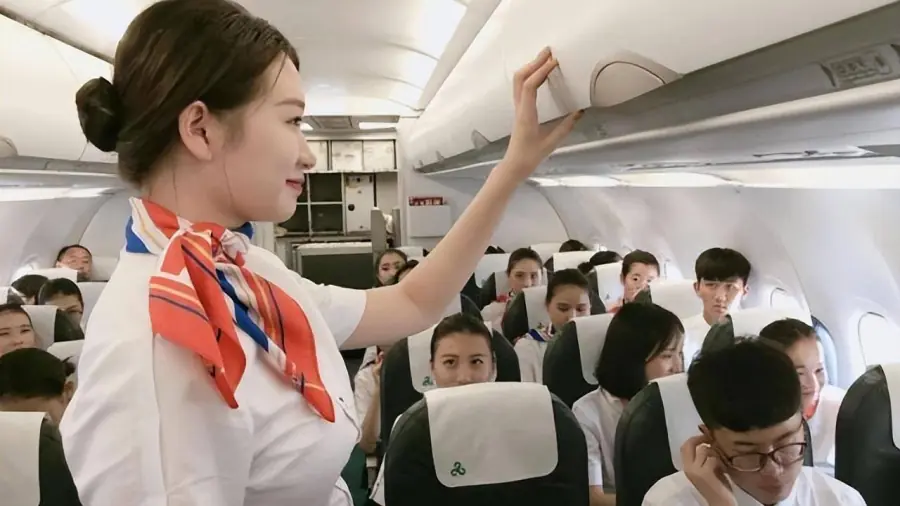
The Truth Behind Why Flight Attendants Don’t Lift Passengers’ Bags
The Truth Behind Why Flight Attendants Don’t Lift Passengers’ Bags
Flight attendants are known for their professionalism, dedication, and readiness to assist passengers. Because of this “full-service” image, many travelers mistakenly believe that attendants will help in every situation — including lifting and stowing carry-on luggage into the overhead bins. This is a common misunderstanding.
In reality, lifting or storing passengers’ luggage is not part of a flight attendant’s job duties. This rule, applied by most airlines worldwide, is based on crucial considerations involving safety, health, and legal responsibility.
Why Flight Attendants Aren’t Allowed to Lift Passenger Bags
There are several legitimate reasons behind the restriction or prohibition against flight attendants lifting passengers’ luggage. These reasons go far beyond mere service etiquette — they focus on flight safety, occupational health, and legal accountability.
1. Risk of Injury
The foremost issue is the risk of health problems and injuries among flight attendants. Even though carry-on luggage has weight limits, many bags are still heavy and awkward to handle. Repeatedly lifting and twisting hundreds of heavy bags into overhead bins during long shifts — especially for female crew members — puts them at high risk of shoulder, neck, and back injuries.
These cumulative injuries can lead to chronic health problems that may severely impact their ability to work long-term. Moreover, in many airlines, if an attendant is injured while helping a passenger lift a bag, the injury may not be classified as a workplace accident, since it’s not an official duty. This means the attendant must cover medical costs themselves — an unfair and serious issue.
2. Safety and Legal Liability
Another major factor is safety and legal responsibility. If a flight attendant helps stow luggage and the bag falls, gets damaged, or injures another passenger, the airline could face legal consequences and compensation claims.
To avoid such complications, airlines require passengers to handle their own carry-on luggage — a simple yet effective measure to maintain clear boundaries of responsibility.
The general rule is: Passengers are responsible for managing their own bags.
3. Focus on Core Duties
Above all, a flight attendant’s primary responsibility is flight safety. They are trained to conduct safety procedures, manage emergencies, assist with evacuation, and ensure that all passengers comply with flight regulations.
During the boarding process — one of the busiest and most stressful phases — attendants must stay alert, monitor cabin conditions, and prepare for takeoff.
Passenger Responsibility
All passengers are advised to bring only what they can lift and store on their own. If a passenger cannot do so, they should check in their luggage or ask a travel companion for help.
Only in special cases — such as elderly passengers, pregnant women, people with disabilities, or unaccompanied minors — may attendants assist voluntarily. Even then, it’s an act of kindness, not an obligation.
Airlines’ Official Rules and Crew Explanations
To formalize this rule and minimize risks, many airlines worldwide have publicly announced internal policies that restrict or prohibit attendants from lifting passenger luggage. This decision is not out of unwillingness but rather a strategic and humane measure to protect employees and maintain safety and efficiency in flight operations.
However, some attendants have revealed an additional, more “practical” reason that has sparked discussion online.
The Real “Hidden” Reason
Flight attendant Cierra gained attention on social media after revealing why crew members often don’t volunteer to stow passengers’ bags — because they aren’t paid during boarding time.
She explained in a viral TikTok video with nearly one million views:
“We don’t actually start getting paid until the plane door closes and the brakes are released.”
This means that all the time spent greeting passengers, checking tickets, giving seat directions, and dealing with luggage issues is unpaid labor.
The revelation sparked outrage online, with many users calling it unfair that flight attendants must work without pay until the plane departs.
Yet, beyond pay concerns, other attendants like Jamela Hardwick and Kat Kamalani have confirmed that injury and insurance are also key reasons.
Jamela explained:
“If we get hurt while placing a bag in the overhead bin, it’s not counted as an on-the-job injury.”
Similarly, Kat added that many airlines explicitly warn attendants not to lift bags because of the high rate of related injuries — and if they get hurt, insurance won’t cover it.
The Core Factors Behind the Rule
Thus, airlines enforce this policy based on three main principles:
-
Crew health and safety
-
Legal and liability protection
-
Payroll regulations
Passengers are encouraged to manage their own luggage, and if assistance is needed, attendants may offer partial help — guiding or supporting rather than fully lifting the item.
While some travelers might perceive this as impolite or unhelpful, attendants emphasize that following this rule protects their long-term health and ensures overall flight safety.
News in the same category


Okra is great for your health, but not everyone reacts to it the same way

Whitmore's 'flesh-eating bac.teria' cases increase: Who is vulnerable?

If You Find This Insect in Your Home, Here’s What It Means

Doctors Reveals That Eating Apples Causes

What are the health consequences of dehydration?

Heartbreaking but Important: Subtle Signs Your Dog May Be Nearing the End of Life

Put a piece of garlic in the middle of the tree, it has great uses, everyone will want to do it

Save a Ton of Electricity Just by Pressing One “Special” Button on Your Washing Machine — Many People Use It for Years Without Knowing

Why Do Flight Attendants Choose to Stay at a Hotel Instead of Going Straight Home After Landing?

Cardiologist answers questions about clip instructing stroke check with finger that has millions of views on social networks

Many people think it's for decoration!

What it says about your relationship when your partner sleeps with their back to you

When Someone in the Family Passes Away, Never Throw Away These 4 Things at Their Funeral

If you hear ringing in your ear, this is a sign that you will suffer from...

When a cat rubs against you, this is what it means

Why do dogs often chase strangers

5 bad habits that increase the risk of str.oke at night

The Silent Mystery of Seat 11A: From the Most Hated Spot to a “Lucky Charm” That Saved the Only Survivors of Two Air Disasters
News Post

To Prevent Colon Can.cer, This Is the First Thing You Need to Do

Shrimp & Pork Ball Bowl with Shimeji Mushrooms

Heart Surgeon Reveals: Eating Eggs Every Day May Help You Live Longer

The Surprising Benefits of Eating Boiled Sweet Potatoes for Breakfast: How Your Body Can Change Over Time

29-year-old girl hospitalized for bleeding duodenal ulcer: Doctor warns of 2 harmful habits

Hair loss: Doctor points out 3 mistakes when washing and drying hair and 4 ways to fix them

The truth about hotel mirrors, check now to ensure safety

To clean pig intestines, you only need to use one cheap thing, clean quickly, and have no fishy smell

5 groups of people advised not to consume bread

Reasons why you shouldn't open your bedroom door at night

DANGEROUS COMPLICATIONS OF PULPITIS

Butter Steak Bites with Mashed Potatoes & Glazed Carrots – A Comfort Plate With Serious Flavor

What causes black thorn disease?

Baked Sweet Potatoes with Garlic Butter.

The #1 Drink to Reverse High Uric Acid and Gout — Backed by Science

If You Wake Up With These 4 Morning Symptoms, Sorry — Your Kid.neys May Be in Trouble

Drinking Coffee at the Wrong Time May Harm Your Heart:

Cardiologist reveals 3 drinks that help control blo.od pressure

A single ingredient to combat bone pain, diabetes, anxiety, depression, and constipation
